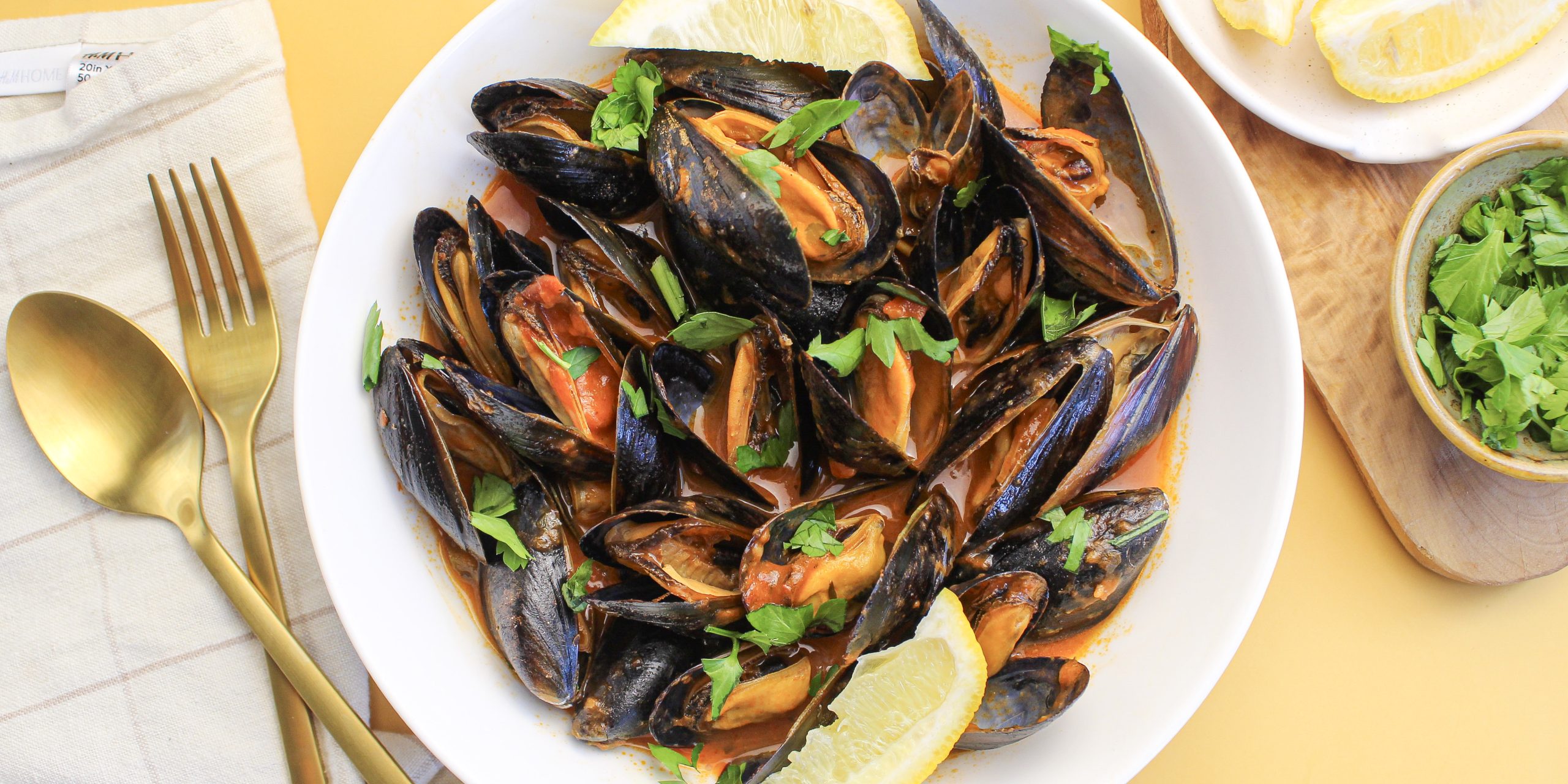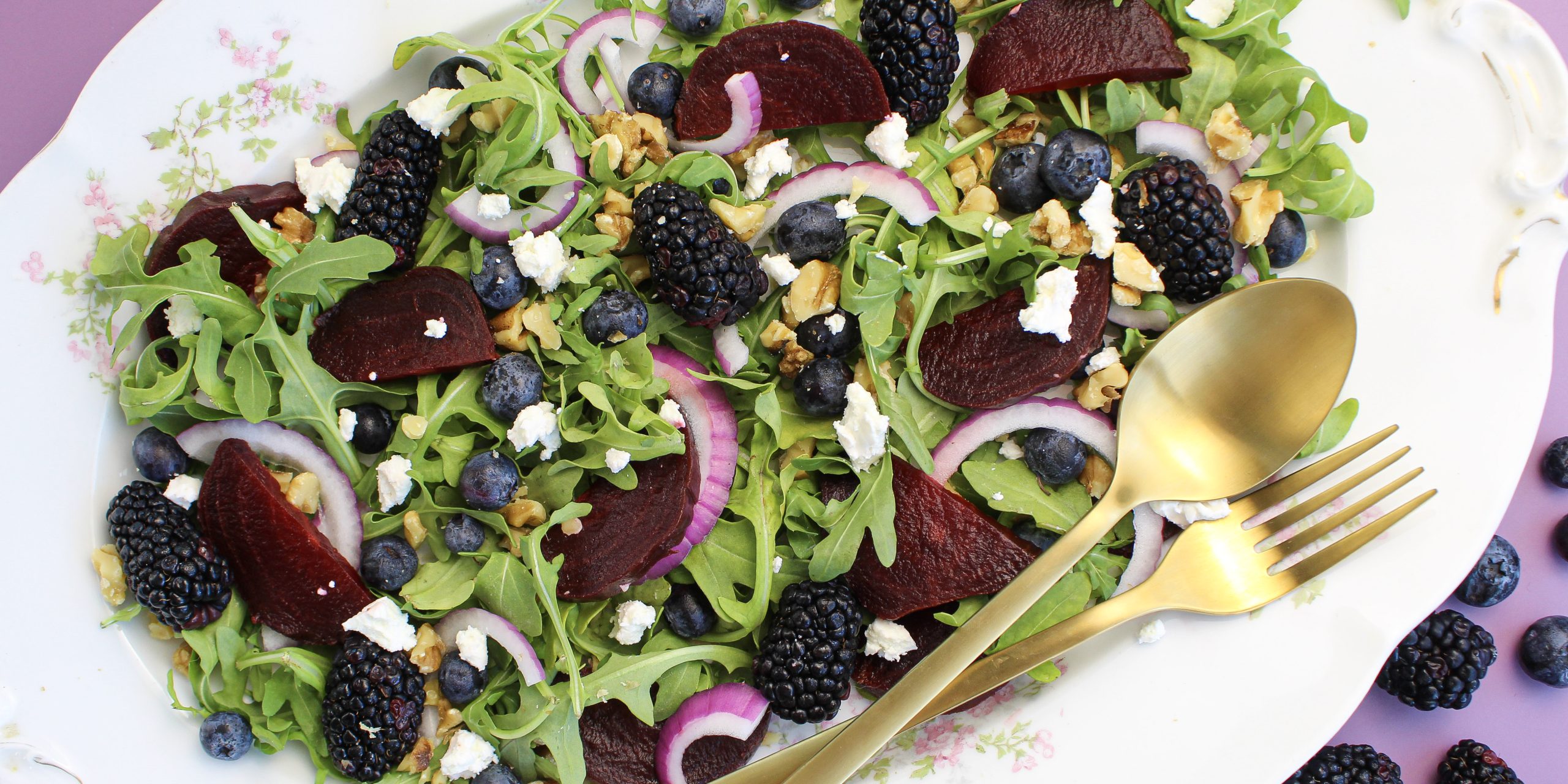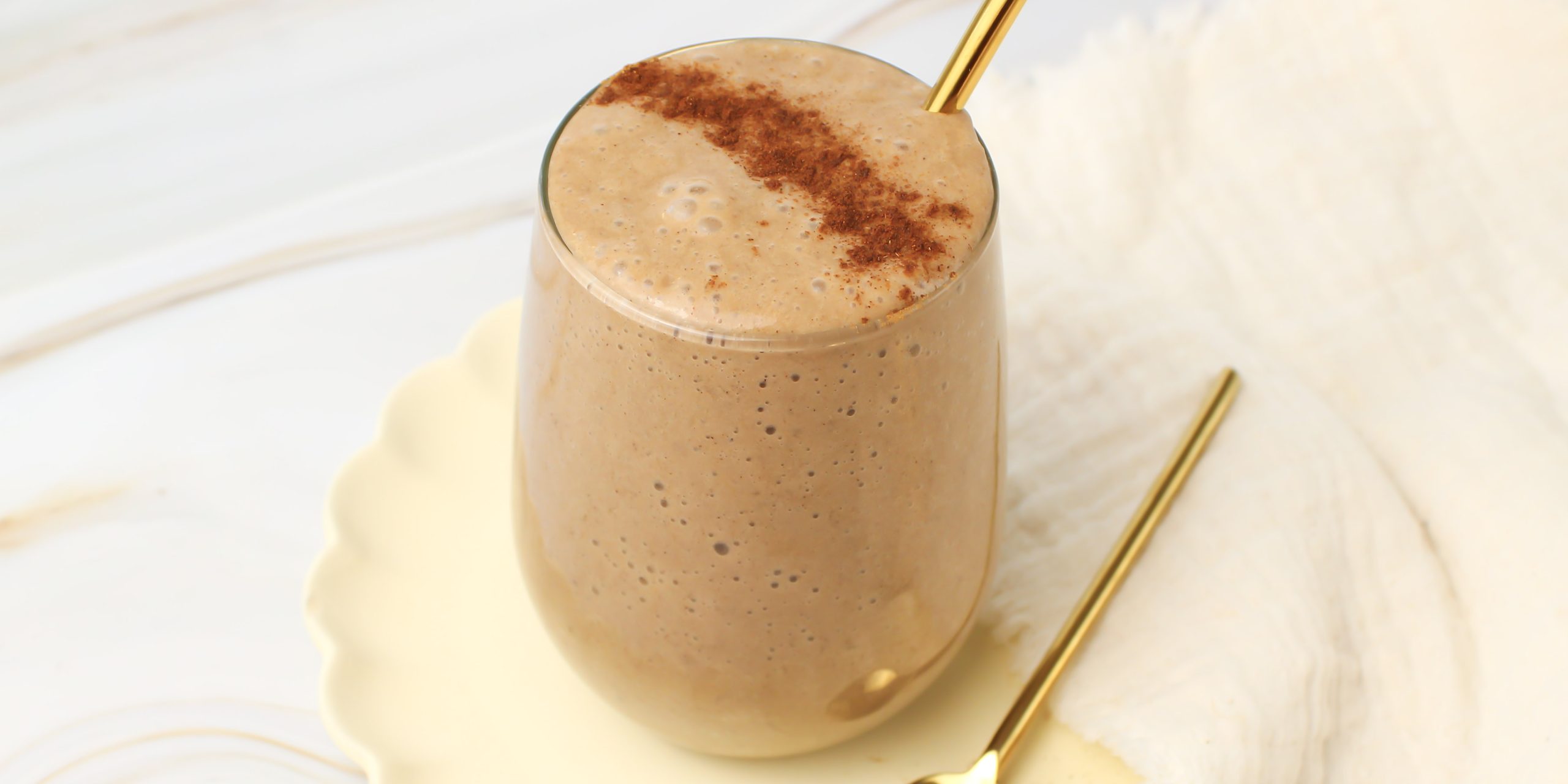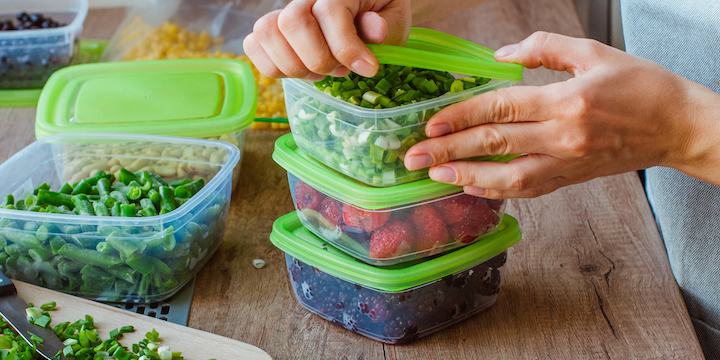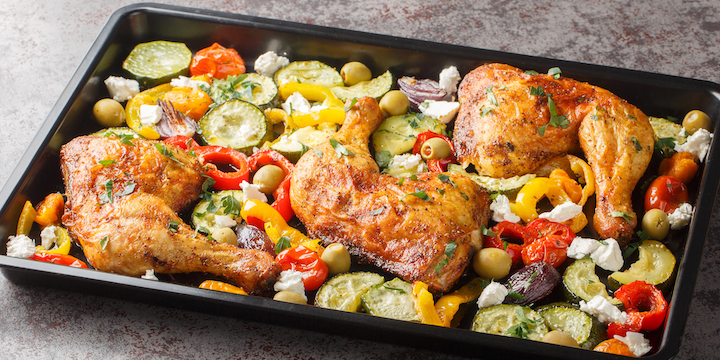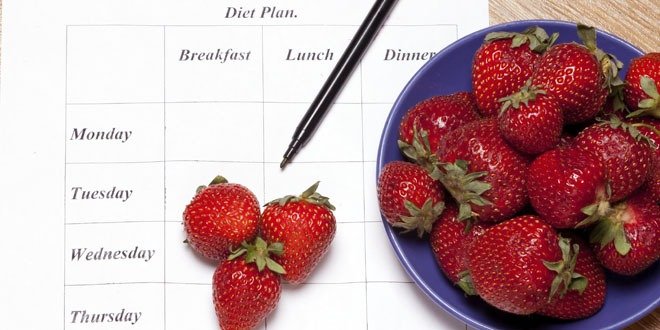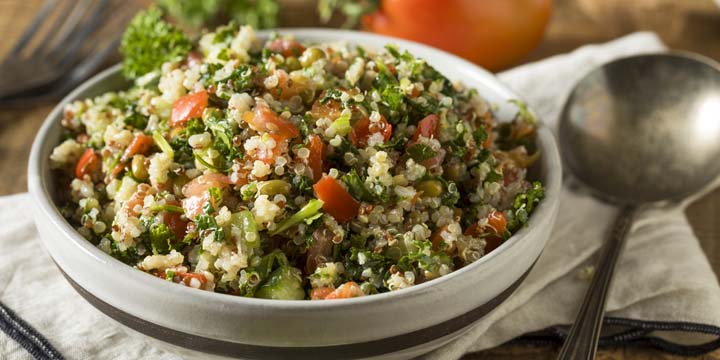Nutrition & Diabetes: Your Guide to a Balanced Diet
Welcome to our diabetes-friendly diet section, where we provide you with valuable information and resources to help you manage your diabetes through balanced and nutritious eating. A healthy diet plays a crucial role in maintaining optimal blood sugar levels and overall well-being for individuals with diabetes. Our articles and resources will guide you through the principles of nutritional planning to ensure you make informed choices when it comes to meal preparation. Whether you are seeking practical tips, delicious recipes, or guidance on portion control, we are here to support you on your journey towards a healthier lifestyle with diabetes.
myDCC Recipes
Cooking tips
In this section, you’ll find a wealth of advice on cooking techniques that optimize nutrition without compromising taste. We’ll help you navigate the kitchen with confidence, offering practical suggestions along the way.
Meal Preparation
Meal preparation is an essential tool for promoting healthy eating habits. This includes planning and preparing meals in advance, practicing portion control, stocking the pantry with healthy ingredients and using healthier cooking techniques. This will help ensure that you have nutritious options readily available and reduce the temptation to opt for unhealthy choices.
Navigating the Grocery Store
Navigating the aisles of a grocery store can be overwhelming, especially when you’re looking for healthy options to support your diabetes management. In this section, we aim to simplify your shopping experience by providing you with valuable guidance and practical tips. From understanding food labels and deciphering nutrition information to identifying the best choices in each food category, we have you covered.
Nutritional Planning
Managing diabetes can be a complex and challenging process, but one of the key pillars for successful management lies in adopting a healthy and balanced diet. In this section, we will guide you through the essential principles of diabetes-friendly nutrition, providing you with practical tips and expert recommendations to help you make informed choices in your everyday eating.
